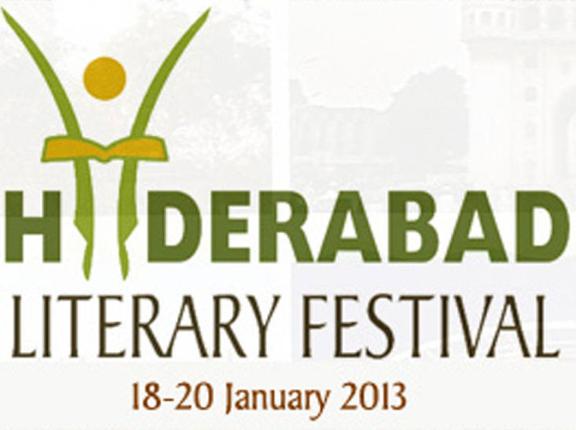Noted poet and literary personality K. Satchidanandan felt the West’s interest in Indian writing in English could be of mere anthropological significance and not genuinely literary. Its expectations of the Indian literature are informed by Eurocentricism, even when it comes to English translations of Indian language works, he noted.
Mr. Satchidanandan, who writes in both English and Malayalam, spoke in a panel discussion on the topic ‘Indian Writing — At Home in the World?’ at the ongoing Hyderabad Literary Festival in the Maulana Azad National Urdu University (MANUU) here on Saturday.
Calling the idea of Indian literature as ‘Orientalist construct’, he drew instances from the various histories of Indian literature chronicled by western scholars such as Albert Weber, Max Mueller, and Robert Fraser, which mostly focussed on works in Sanskrit language.
Despite having 2,000 years of known history, Tamil found no mention in their chronicles, nor did the works from Bhakti movement or Sufi tradition, he noted.
“Several texts, even in Sanskrit, were ignored. Only those of high tradition were chosen, which later became material for cultural nationalism,” he said. Wondering if the interest in post-colonial literature was only ‘imperial nostalgia’, Mr. Satchidanandan said Indian writing should not be understood only as the literature produced in English.
However, renowned literary critic and theorist Bill Ashcroft had a good word for ‘linguistic felicity’ of Indian writers, while another panellist Tabish Khair noted that writings in metropolitan settings have more visibility than the small town settings.
Earlier in the day, geographer Manosi Lahiri gave a brief introduction to her work ‘Mapping India’, which traced the mapping tools used since ancient times, till modern maps drawn to the scale evolved. “,” she added.
Author Narendra Luther recounted historical anecdotes specific to Hyderabad.
Attendance on the second day dwindled when compared with the first day of the festival, and more than three-fourths of the gallery was empty during morning sessions.
However, delegates began arriving later in the day, and post-noon sessions had reasonable audience.
Reading sessions continued on the second day too, while a workshop in Haiku writing was conducted by Gabriel Rosenstock and Kala Ramesh. The three-day festival will continue and conclude on Sunday.
source: http://www.thehindu.com / Home> News> Cities> Hyderabad / January 20th, 2013
